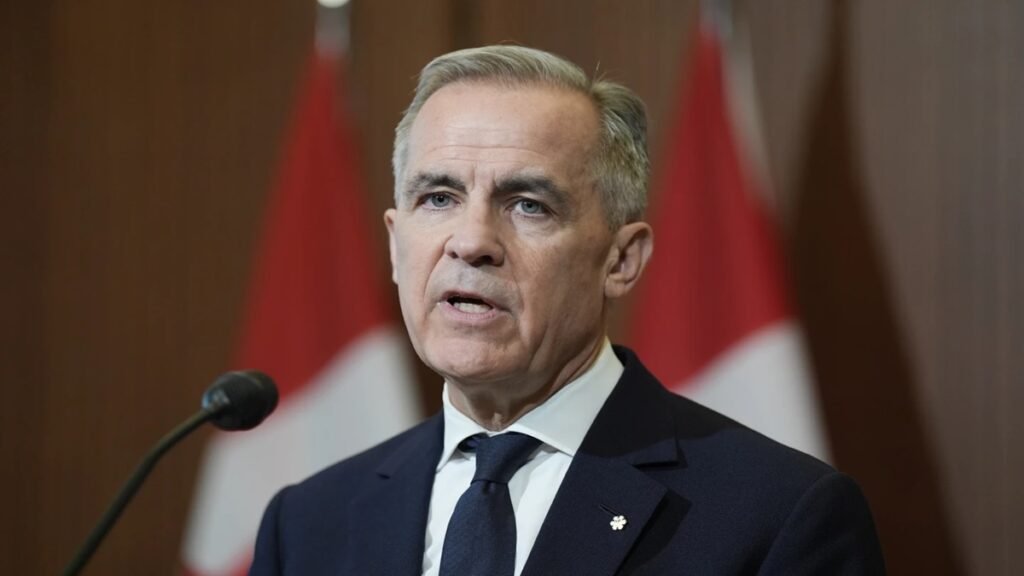Canada’s move is a direct retaliation to Donald Trump’s tariff impose, Canadian PM Carney’s decision further escalates trade tensions between the two nations.
In a stern response to US President Donald Trump’s freshly imposed ‘reciprocal’ tariffs, Canada on Thursday announced that it would impose a 25 per cent tariff on some US auto imports. Prime Minister Mark Carney conducted a press conference and said, “If the US does not want to lead, then Canada is ready.” Donald Trump imposed 25 per cent tariffs on auto imports took effect Thursday.
Carney confirmed that 25 per cent tariffs will be applied on all vehicles imported from the United States that are not compliant with CUSMA (Canada-United States-Mexico Agreement).
Canada PM’s press conference
https://twitter.com/MarkJCarney/status/1907819386905501705
Canada’s move further escalates trade tensions between the two countries. Donald Trump announced a 25 per cent tariff on overseas auto imports, saying it would boost domestic manufacturing and generate $100 billion annually.
“We take these measures reluctantly. And we take them in ways that are intended and will cause maximum impact in the United States and minimum impact in Canada,” Carney said. Carney said Canada won’t put tariffs on auto parts as Trump has done because he said Canadians know the benefits of the integrated auto sector. The parts can go back and forth across the Canada-US border several times before being fully assembled in Ontario or Michigan.
Autos are Canada’s second-largest export, and the sector employs 125,000 Canadians directly and almost another 500,000 in related industries. Carney announced last week a CAD 2 billion (USD 1.4 billion) “strategic response fund” that will protect Canadian auto jobs affected by Trump’s tariffs.
Canadians seeing the impact of tariffs
Automaker Stellantis said it shut down its assembly plant in Windsor, Canada, for two weeks from April 7, the local union said late Wednesday. The president of Unifor Local 444, James Stewart, said more scheduling changes were expected in coming weeks. Autos are Canada’s second-largest export and the sector employs 125,000 Canadians directly and almost another 500,000 in related industries.
Carney announced last week a CAD 2 billion (USD 1.4 billion) “strategic response fund” that will protect Canadian auto jobs affected by Trump’s tariffs.
(AP)
